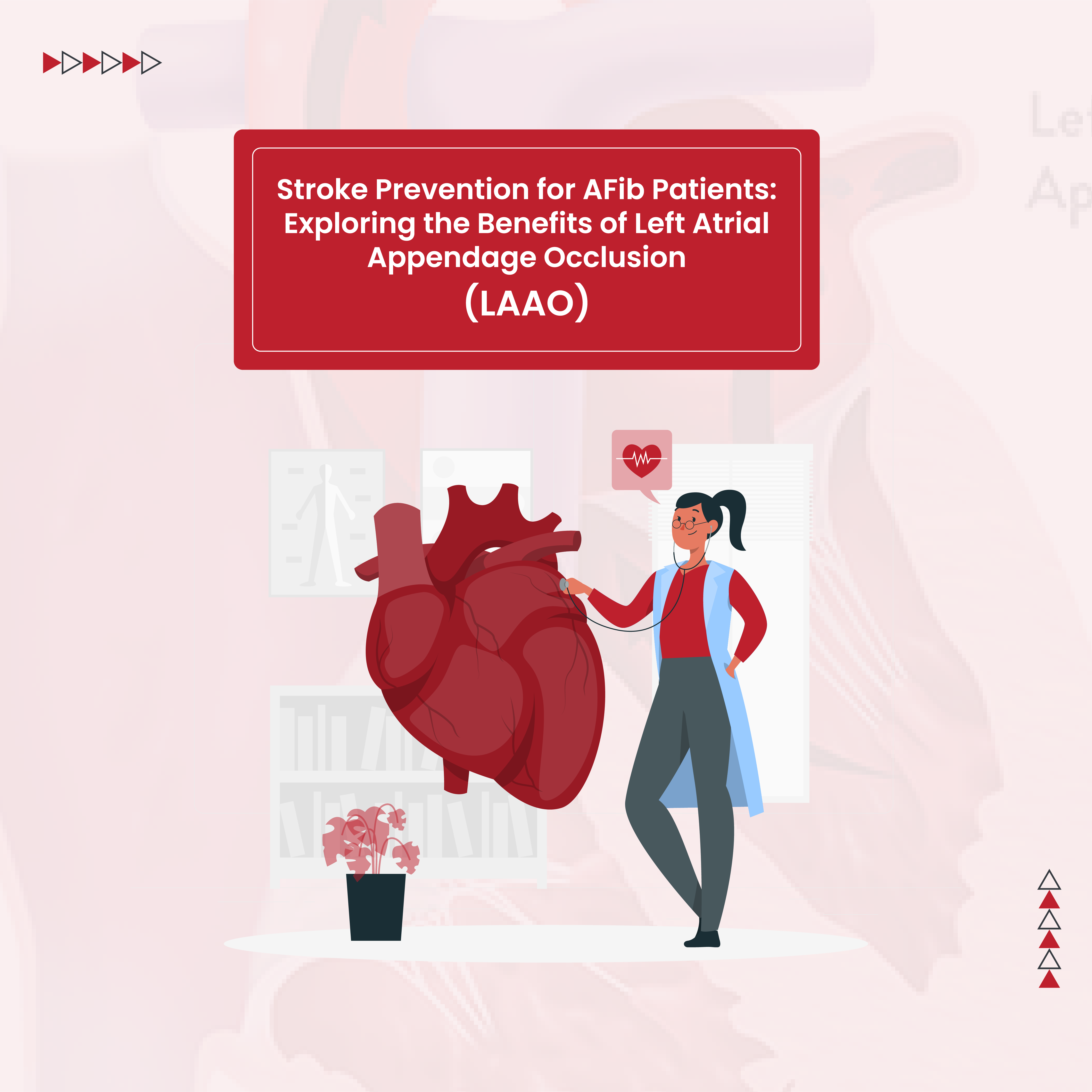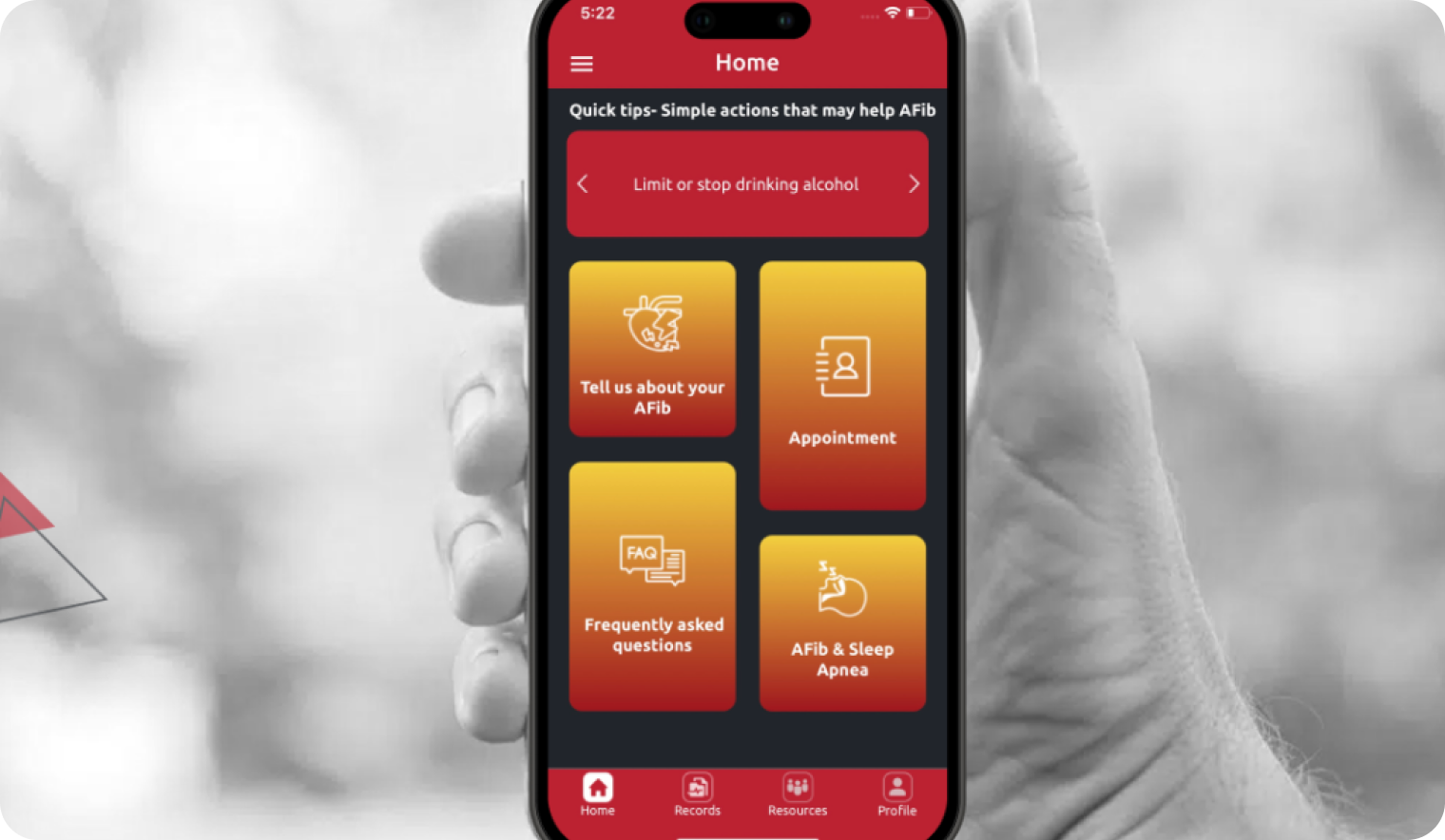
Stroke Prevention for AFib Patients: Exploring the Benefits of Left Atrial Appendage Occlusion (LAAO)
People with atrial fibrillation (AFib) have a 5x increased
Our specialists answer some of the most common questions about atrial fibrillation

At Fix AFib, we realize you have numerous concerns and questions about this deadly condition. That’s why we’ve incorporated as much information about atrial fibrillation – ranging from basic to complex – on this page and throughout the website.
Many questions about the condition can be answered by visiting our AFIB 101 page, as well as on posts found on our blog, THE SCOOP. If your question relates to what you can expect as a patient of our clinic, please review the video found on the SERVICES page. Keep in mind our staff is here to help. If you don’t find an answer to your question, please contact us for immediate assistance.
For much more detail about AFib treatment options and our areas of expertise, see our SERVICES PAGE where you can click each of the images under “Treatment Options” to find expanded information about the six methods we recommend to combat AFib.
Stay ahead with the latest healthcare insights and trends. Dive into our blog for expert advice and informative articles. Get informed and make empowered decisions for a healthier life!

People with atrial fibrillation (AFib) have a 5x increased

We are thrilled to announce the official launch of

Does Turmeric Help Atrial Fibrillation? Turmeric is a perennial
Discover inspiring journeys of recovery and triumph over health challenges. Our success stories highlight the resilience and determination of our patients. Read on to find hope and motivation for your own path to wellness.
"As a whole, patients' pre-procedure scores improve by over 30 points after an ablation with the Fix AFib Clinic."
"Two weeks after my heart surgery, I am back to work, directing my son in the garden, and feeling better than I have in nearly three years! Thank you."
"I would like to sincerely thank Dr. Laws for saving my life. The appreciation that I have for you is immeasurable."
"To Dr. Laws and the whole team, with gratitude for your care and kindness."
"Survey results show Fix AFib patients have a 'significant, meaningful difference in their quality of life' after an ablation procedure."
Tell us your concerns, or review your wearable rhythm strip results with one of our specialists